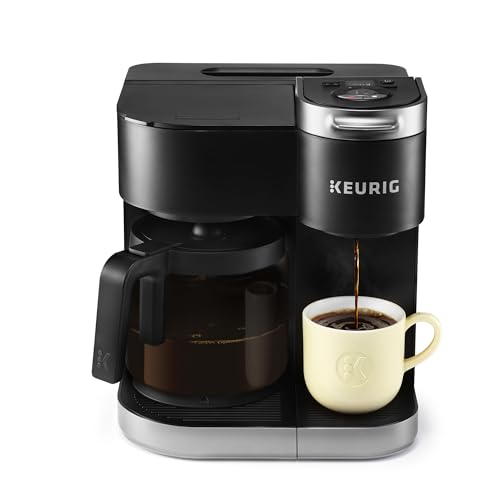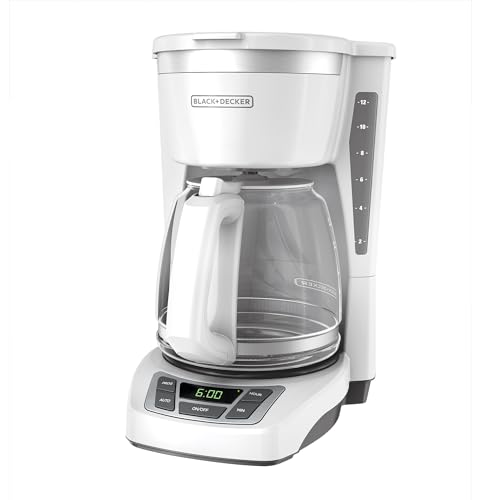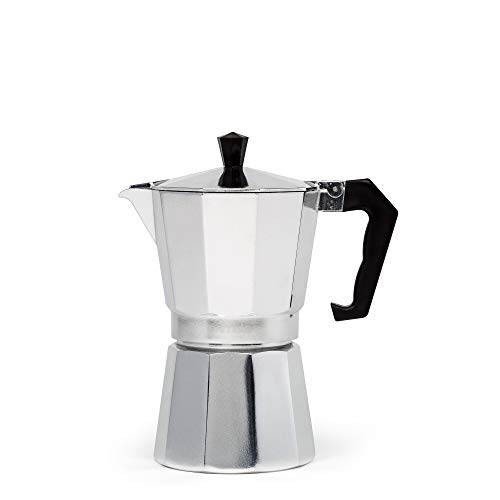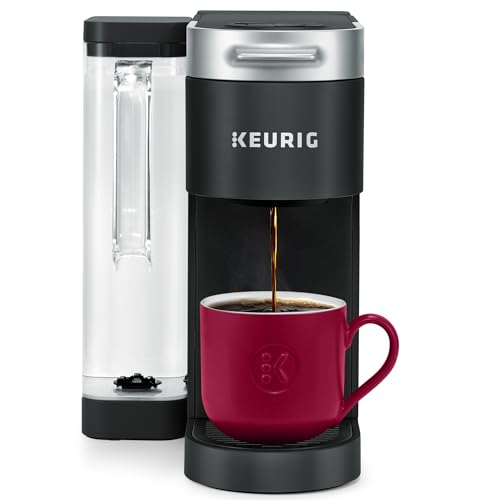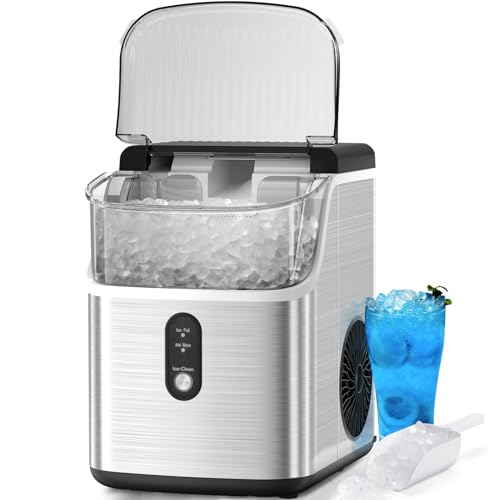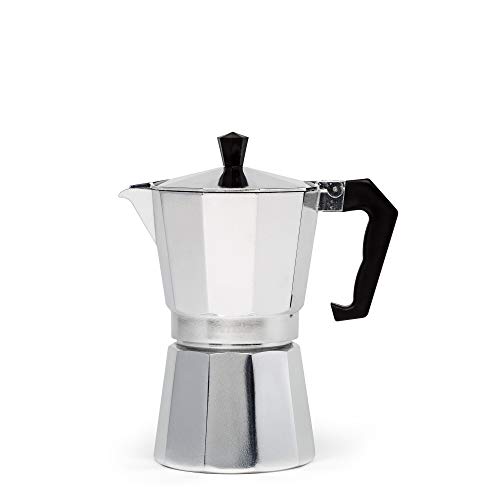“How Many Amps Does a Kegerator Need?” is a common question for anyone considering adding a kegerator to their home or business. Understanding the power requirements of these appliances is crucial, especially when you’re planning your home bar or deciding to upgrade an existing establishment.
The answer to this question impacts several factors such as installation, energy consumption, and operational costs. It’s not just about getting your beer at the perfect temperature but also about ensuring seamless operation without straining your electrical infrastructure.
In the upcoming sections, we will delve deeper into this topic, providing you with the necessary information to make an informed decision. Whether you’re a beer enthusiast planning to install a kegerator at home or a business owner wanting to serve draft beer, this guide is for you. Let’s explore together the world of kegerators and their power requirements.
How Many Amps Does a Kegerator Need?
Most kegerators run on a standard 110-120 volt outlet and typically require about 1.5 to 2.5 amps depending on the model and the compressor’s operation. It’s essential to note that the amperage can slightly increase when the compressor is working more laboriously, such as during the cooling down phase when you first plug in your kegerator.
The amperage required by a kegerator is relatively low compared to other appliances, making them an energy-efficient option for chilling your beer. However, keep in mind that variations in amperage requirements may occur based on the model and size of the kegerator. For instance, commercial-grade or larger-sized kegerators might require more amperage.
Before installing a kegerator, it’s recommended to check the specific amp requirements listed in the user manual to avoid any electrical issues. If you can’t find the information, contact the manufacturer or a professional electrician.
This step is crucial to ensure your home or business’s electrical system can handle the load and prevent electrical overloads, potential fires, or damaging the appliance.
Finally, it’s worth noting that the frequency of use and the thermostat settings can also affect the kegerator’s power usage.
A kegerator that is frequently opened and closed will require more energy to maintain the right temperature, thus drawing more Amps. Similarly, if you set your kegerator to a cooler temperature, it will require more energy, resulting in a higher amperage draw.
The Different Types of Kegerators and Their Respective Amp Requirements
Kegerators come in various types, each with unique amperage requirements based on size, feature set, and the number of kegs they can hold. Let’s review some common types:
Mini Kegerators: Mini Kegerators are compact units designed for personal use, typically holding 5-liter kegs. These units are energy-efficient, generally consuming less than 1.5 amps. They are an ideal choice for those with limited space or those who occasionally enjoy draft beer at home.
Full-Size Home Kegerators: These units are constructed to accommodate full-sized kegs. Despite their larger size, full-size home kegerators are still quite efficient, usually requiring between 1.5 and 2.5 amps, much like their smaller counterparts. However, models with additional features like dual-tap systems may require slightly more power.
Commercial Kegerators: Commercial units are designed for heavy use in bars and restaurants. These kegerators can accommodate multiple kegs and often feature multiple taps. Due to their size and functionality, they tend to consume more power, usually requiring between 2.5 and 4 amps.
Outdoor Kegerators: Similar to home units, outdoor kegerators are designed to be weather-resistant. They can handle temperature changes and humidity without compromising their performance. Outdoor units usually require about 2 to 2.5 amps, but this can vary based on the model and additional features.
Each type of kegerator has its own set of benefits and trade-offs, and understanding your specific needs will help you choose the right one. Always consult the user manual or speak with a professional for precise amperage requirements before installation.
Tips for Selecting The Right Size of Kegerator for Your Home
When it comes to choosing the right size of kegerator for your home, it’s important to carefully evaluate your needs and available space. Consider how often you plan to use your kegerator and the volume of beer you plan to dispense.
For sporadic use or smaller gatherings, a mini kegerator may suffice. However, for regular use or larger parties, a full-size home kegerator might be more suitable.
Understanding the dimensions of the different models is crucial to ensure the kegerator fits comfortably within your intended location. Remember to account for space needed for ventilation and easy access to the taps. You don’t want your kegerator to become an obstacle in your home or commercial space.
Another factor to consider is the type and number of kegs you plan to use. If you prefer a specific brand that uses uniquely shaped kegs, ensure the kegerator can accommodate it. Similarly, if you like variety and plan to serve different types of beer simultaneously, a multiple-tap unit would be ideal.
Lastly, remember to factor in energy consumption. As we’ve seen, larger kegerators will typically draw more amps. Therefore, be prepared for the impact on your energy bill, and ensure your electrical infrastructure can safely support the added load.
Frequently Asked Questions About Kegerator Amp Requirements
In this section, we address some common queries concerning the power requirements for kegerators. Understanding these aspects can help to ensure a seamless and safe kegerator experience, whether for personal use or commercial purposes.
1. Can a kegerator run on a standard household electrical circuit?
Yes, a majority of kegerators are designed to run on standard 110-120 volt outlets, which are common in most households. They typically require about 1.5 to 2.5 amps, which is well within the capacity of most home electrical circuits.
However, it’s always recommended to check the specific amp requirements listed in the user manual or consult with a professional to avoid any potential electrical overload issues.
2. Will frequent use of a kegerator result in high energy consumption?
The frequency of use and the thermostat settings can impact a kegerator’s power usage. A kegerator that is regularly opened and closed will consume more energy to maintain the set temperature, thus drawing more amps.
Similarly, setting your kegerator to a cooler temperature will require more energy, leading to a higher amperage draw. Despite this, kegerators are generally energy-efficient compared to other appliances.
3. Do different types of kegerators have different amperage requirements?
Yes, different types of kegerators can have varying amperage requirements. Compact units like mini kegerators are energy-efficient, typically consuming less than 1.5 amps. Full-size home kegerators usually require between 1.5 and 2.5 amps, while commercial units meant for heavy use can require between 2.5 and 4 amps.
It’s essential to understand these specifications before choosing a kegerator to ensure your electrical infrastructure can accommodate the load.
Final Thought
In conclusion, understanding the amperage requirements of your kegerator is of paramount importance to ensure seamless operation and safety. The type and size of the kegerator, the thermostat settings, and the frequency of use are all factors that affect how many amps a kegerator needs.
It’s also imperative to consider your own needs and preferences. The kegerator’s size, the number and type of kegs it can accommodate, and its suitability for your space are all factors to consider. Remember, every kegerator is unique.
Therefore, always refer to the manufacturer’s specifications and consult professionals if in doubt. This will not only ensure that your kegerator operates efficiently but also prolong its lifespan. In the end, knowing “How Many Amps Does a Kegerator Need?” is an essential part of the kegerator ownership experience.
